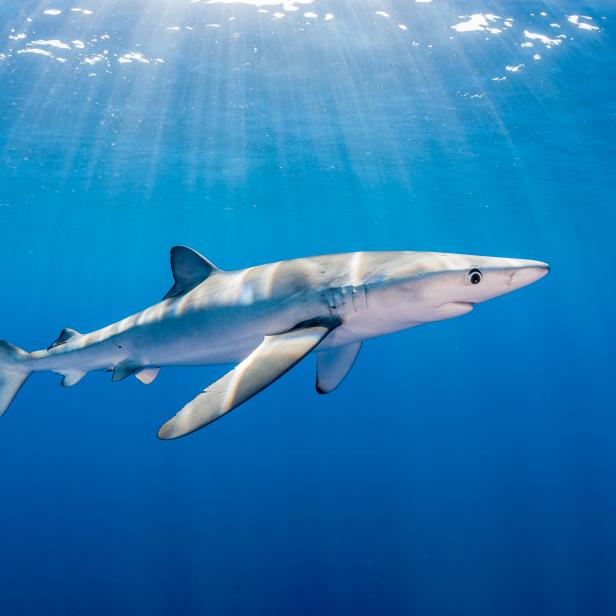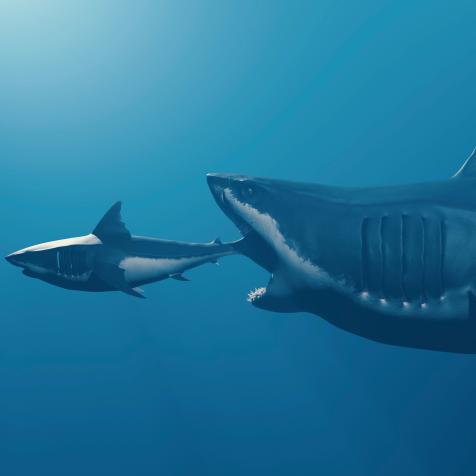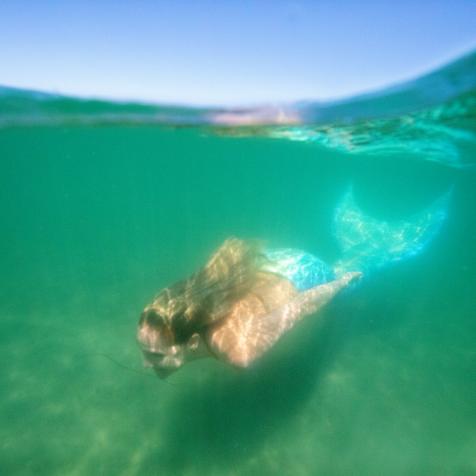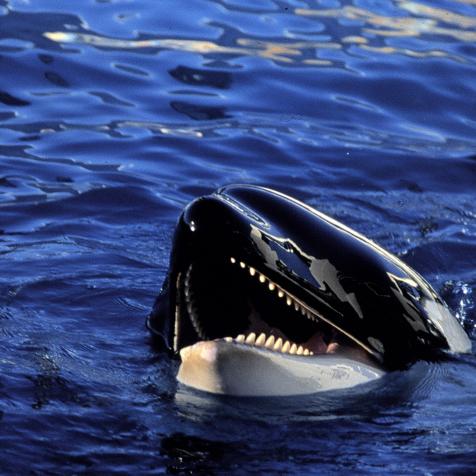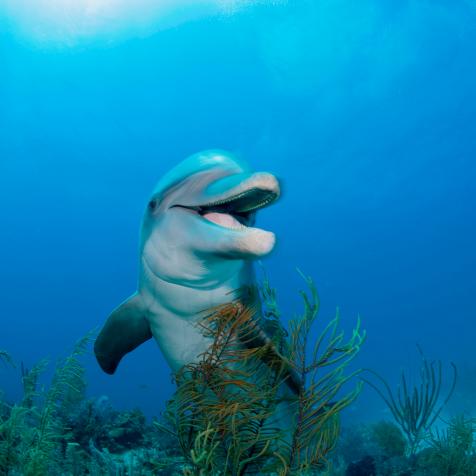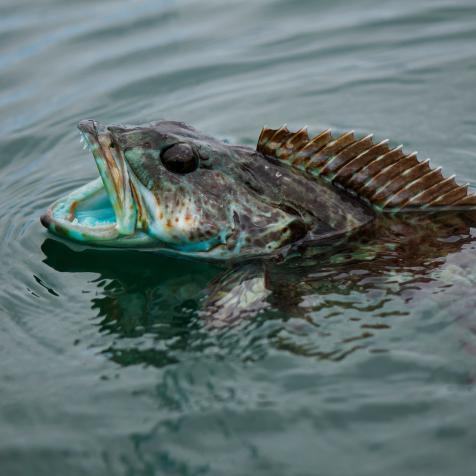Sharks are one of the oldest and most important species on Earth–their earliest fossils show that they were here 400 million years ago, well before trees laid down their roots.
Overfishing has reduced shark numbers globally by 71% since 1970. Researchers undertaking the largest-ever study of reef sharks found they were missing from waters they had previously inhabited in 58 countries. This drop is due to overfishing, but climate change has the potential to weaken shark numbers even further.
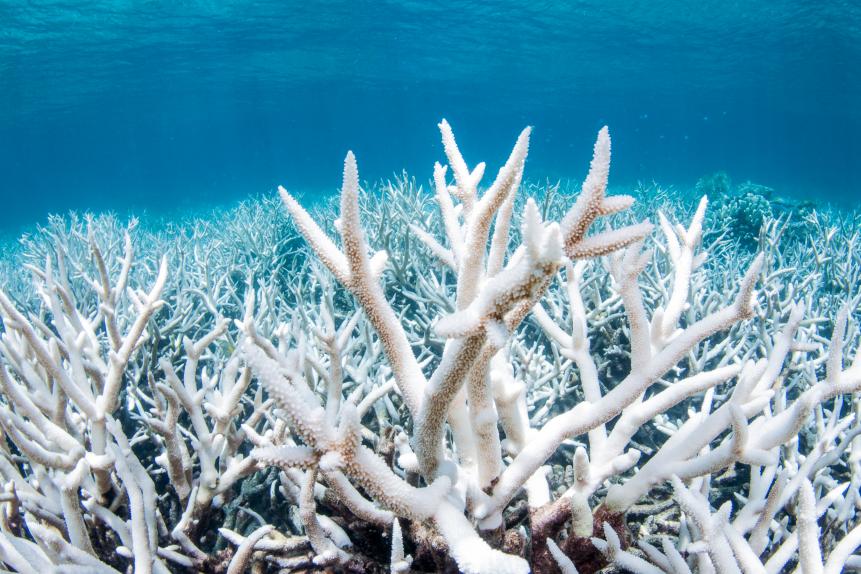
Brett Monroe Garner
Rising ocean temperatures not only affect coral, but sharks too.
Warmer ocean temperatures caused by climate change are thought to have a role in outbreaks of skin disease found on white tip reef sharks in Malaysia’s coral reefs. Rising temperatures also increase the risk of baby sharks being born smaller and weaker, less able to survive to adulthood.
Scientists studying epaulette sharks from the seas around Australia and New Guinea found that warmer water sped up the shark’s growth process. Young hatched from their eggs early and were born exhausted. Epaulette sharks are known for their toughness and resilience, and researchers say other less-tolerant species, including those that give birth to live young, are also at risk.

Cludio Policarpo
Climate change is putting shark eggs at risk — causing them to hatch early.
In global change hotspots like southeast Australia, the sea temperature is rising at three to four times the global average acidity is increasing, and the amount of oxygen in the water is falling. How sharks respond to changes in their environment will be crucial, but the signs are not promising.
Moving to cooler waters and away from warming seas as their prey moves in search of its own food is one response. Great white sharks have moved 370 miles (600 km) northwards into California’s Monterey Bay waters that were previously too cold, disrupting ecosystems as they prey on local sea otters and salmon.
Scientists say it highlights the movement of marine animals towards the poles and the unpredictable and potentially damaging effects that follow. “These sharks–by venturing into territory where they have not historically been found–are telling us how the ocean is being affected by climate change,” said Kyle Van Houtan, chief scientist at the Monterey Bay Aquarium.
Another study in Western Australia simulated the extinction of tiger sharks due to rising sea temperatures and the knock-on effects that might have on local ecology. Dugongs, relatives of Florida’s manatees, are the shark’s prey and their numbers would increase, leading to overgrazing of seagrass.
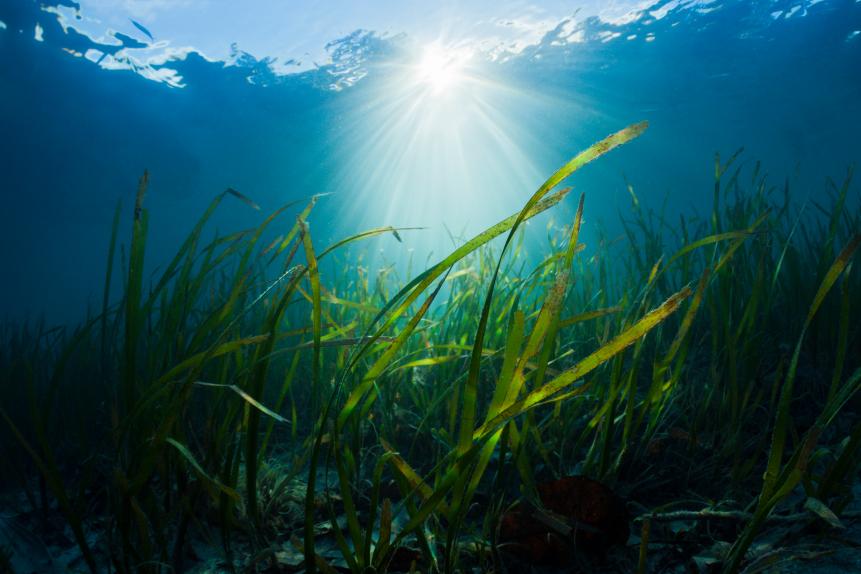
Reinhard Dirscherl
The extinction of tiger sharks could have a chain reaction in the ecosystem — leading to the overgrazing of sea grass.
Delicate seagrass environments would not be able to regenerate quickly enough for other species that use it for shelter. The entire ecosystem would be disturbed and its biodiversity negatively affected. Plus, the seagrass meadows’ ability to act as a carbon sink would be wiped out.
Yet another species negatively affected by warming waters is the wide-ranging blue shark. Scientists have discovered that blue sharks don’t dive as deeply in warmer low-oxygen areas, leaving them exposed to capture by longline fishing boats.
Overfishing large fish like sharks, tuna and swordfish also increases the amount of carbon dioxide released into the atmosphere. Sharks and other big fish are made up of around 10–15% carbon. When they die naturally in the ocean they sink to the bottom, sequestering their carbon for thousands or millions of years. So preserving sharks actually cuts carbon emissions and weakens climate change.
For more on sharks, stream SHARK WEEK now on discovery+.









